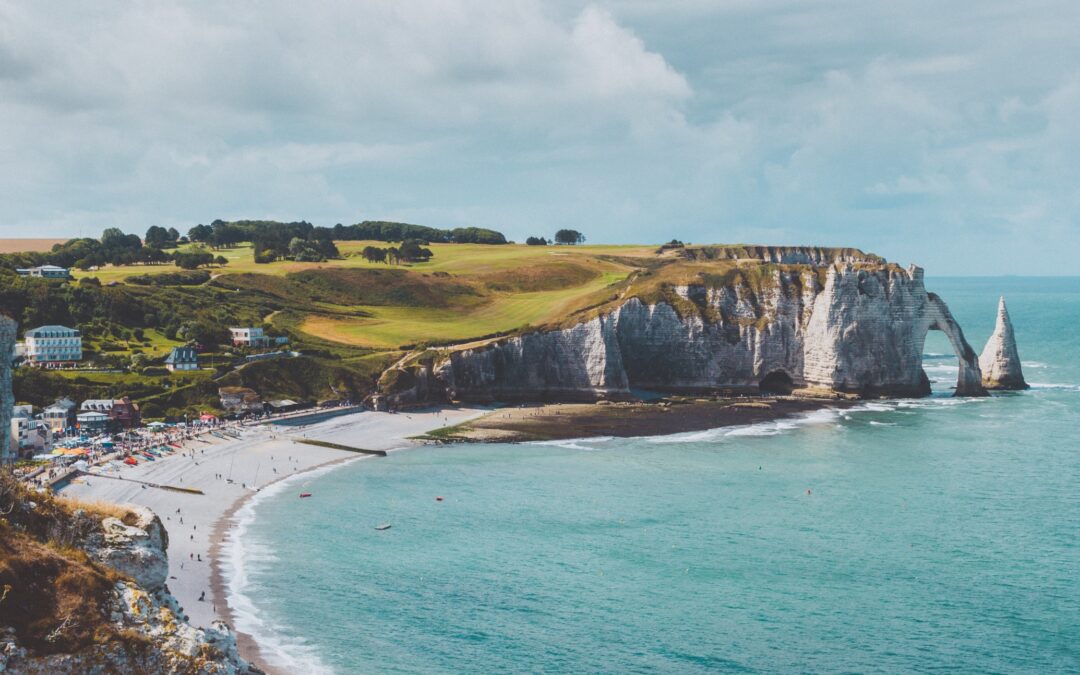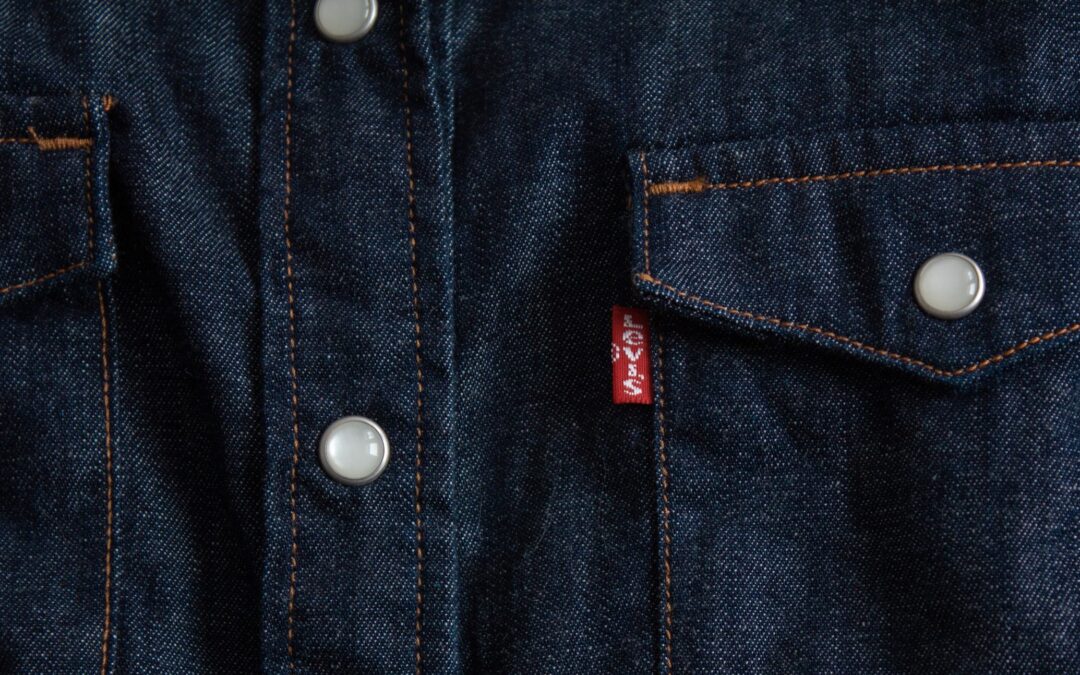
Climate change spells uncertain future for winemakers
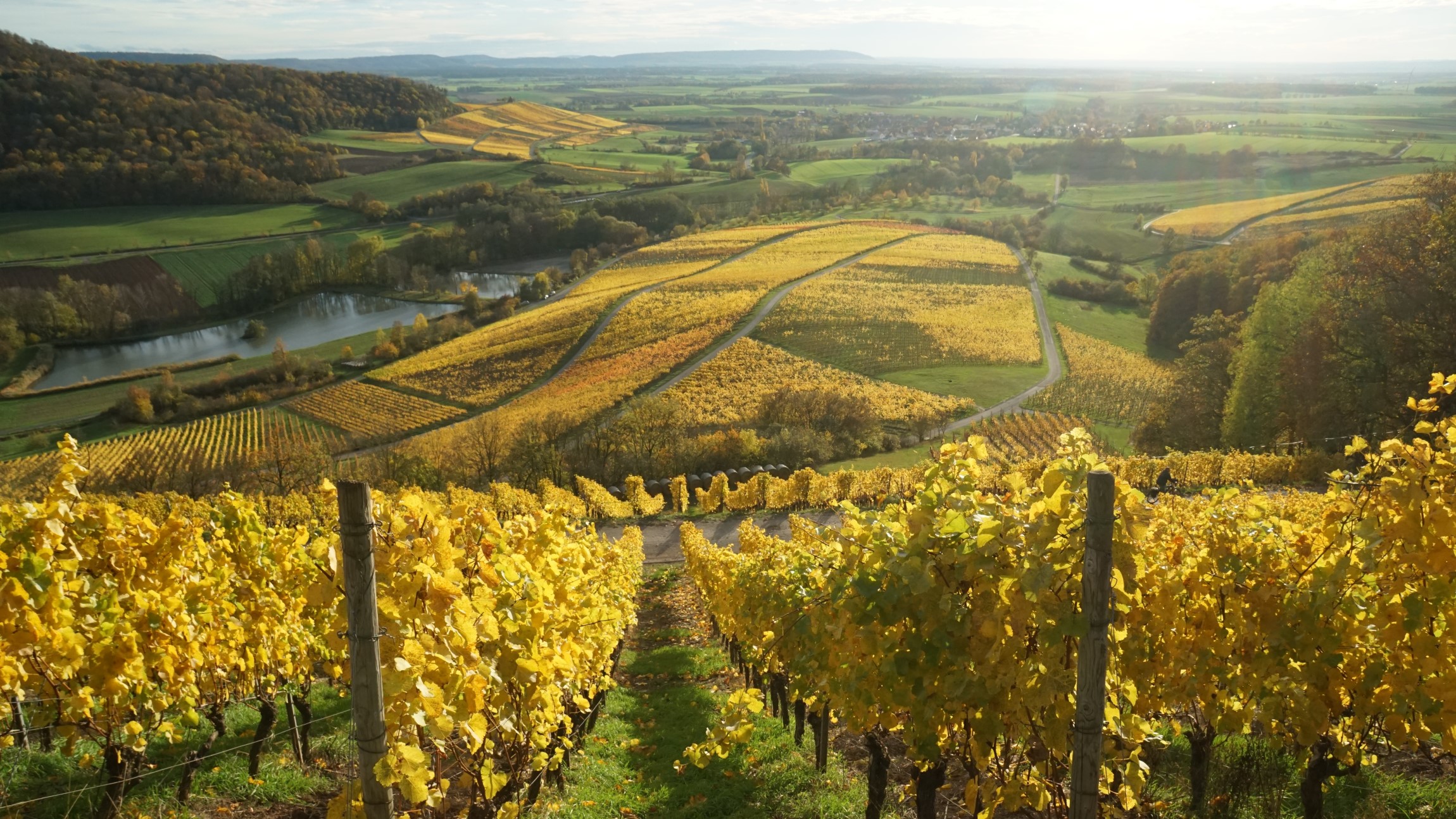
Most recent
Winemakers ride into an uncertain future as climate change spells greater uncertainty for their businesses.
Climate change impacts a lot of industries around the world. The United States agricultural industry is facing extended drought periods and more pests. Winemakers aren’t exempt from harsher growing conditions either. Around the world, winemakers see shifting weather patterns that are becoming more unpredictable. Winemakers in France have lost up to 90 percent of their harvest in 2021, with the whole grape production falling by 30 percent on average. Winemakers have to find novel ways to make sure they can stay in business.
Winemakers need to adapt
Winemakers are met with uncertain weather conditions and will have to adapt to ensure they can stay in business. In March 2019, the website Secret Sommelier spoke to oenologist Miguel Torres and his warnings about the impact of climate change on the wine industry. Torres highlights that natural disasters such as wildfires have already resulted in hundreds of thousands of hectares being lost, referring to its vineyard close to the Spanish city of Concepción, which was hit by destructive fires. Torres saw climate change disrupt winemakers in Chile, Penede’s, Catalunya. All experiencing unexpected, shifting weather patterns.
Torres explained the vineyards can employ three different climate mitigation tactics to safeguard their business. The first being adaptation, a process that will take years. Winemakers will have to introduce new techniques to delay maturation of its grapes. Winemakers will also have to buy land at higher altitudes, noting that for every hundred meters, the daily temperature drops by one degree. Rolling-out renewable energy solutions is the second lever winemakers can adjust. Torres didn’t elaborate whether it’s for cost-reductions at vineyards or decreasing the carbon footprint of the product supply chain. Whatever the reasons may be, it will serve to benefit winemakers in meeting emissions standards and reduce their impact on the environment. Lastly, Torres notes that winemakers need to be educated and made aware of the risks of climate change.
Despite the attempts the wine industry is making to save their livelihoods, carbon emissions are still rising, highlighting that a lot of winemakers have yet to invest in decarbonization efforts. Torres elaborated on his observations, “People are not prepared to invest. Of course, we had the economic crisis in the middle, in 2011, but still, the wineries would not invest because it is more recycling and reducing the use of water.” Adding that only 20 out 700 wineries affiliated with the Spanish Federation, joined the Wineries For Climate Protection. The majority of winemakers did not partake in reducing their greenhouse gas emissions. This left Torres saddened that vineyards weren’t considered with their own future.
In April 2021, James Cacace, a WSET-4 student, at ASOP Wines spoke with winemaker Philip Lardot about the impact of climate change on the wine industry. Cacace notes that climate change brings additional unpredictability during the production phase, such as extreme weather events, asking whether Lardot had already experienced shifting weather patterns. Lardot pointed out that he saw rising sugar levels. But these changes can be offset by changing the picking dates. However, increased solar radiation poses a greater challenge, as Riesling grapes are susceptible to sunburn. Traditionally, these grapes have been cultivated with open canopies. Winemakers now have to better plan the canopies such as moving them away from direct sunlight. Lardot compared the grapes to human skin that has to be protected from harsh sunlight. The shifting climate however allows for winemakers in Northern European countries to change their grape selection and explore new wines.
While Lardot’s optimism is praiseworthy, the reality for German winemakers is far worse. Back in 2016, DW reported on the impact of climate change on organic vineyards in Germany. Organic winemakers in Germany are met with blistering heats and fungi that infect their grapes. Organic winemakers such as Jörg Belz cannot compensate for changing conditions with pesticides, relying on natural remedies to drive out pests and protect their crops from the weather. But this approach leaves them at a disadvantage. Belz explained, “The biggest difference between conventional and organic winegrowing is the absence of synthetic fertilizers and agricultural chemicals.” Instead, winemakers try to protect their crops with copper. While this sounds create in theory, DW notes that it won’t help against the parasites such as the downy mildew.
Lower output for French winemakers
In December 2021, Lesley Stahl from CBS News spoke with Christine Sevillan, a French champagne winemaker coming from a lineage of winemakers, who have been producing wine since the 1700s. The Sevillan family might have just faced its worst season since its opening, losing 90 percent of their harvents in 2021. Worse than during the French revolution and two world wars that ravaged across France. On average Sevillan produced 40,000 to 50,000 bottles per year. In 2021, zero bottles were filled. The cause, extreme rainfall and extreme droughts. Sevillano explained, “It rained in two or three days that it rained normally in one month. Even my father told me that in his career he has never seen that.” Combined with extreme heat, fungi were able to thrive, destroying the precious harvest. Sevillano points to climate change as the primary culprit, noting that such extreme weather is not normal.
Head of the famous winery Château La Louvière, Jacques Lurton, told CBS that diseases are becoming more persistent across France as the temperatures rise. Lurton notes France doesn’t have real winters anymore. As temperatures remain fairly temperate during this period, fungi, pests and disease won’t die off. The situation is worsened as during the growth period in Spring, warmer temperatures are replaced by frost. In 2021, the frost during Spring was so severe, winemakers had to warm their vine with candles. Lurton called this the greatest catastrophe to befall the winehouse, highlighting that these shifting weather patterns result in 30 percent grape loss in France on average, with Lurton’s wineries seeing a 40 percent loss.
In August 2022, France faced the driest July since 1959, winemakers requested exemption from water irrigation restriction to safeguard their businesses. Euronews highlight that since the 1st of May, rural governments across France imposed irrigation restrictions, allowing for some winemakers to irrigate their vines. The exempted winemakers cannot draw water from the network. This raises questions whether vineyards should have this special status, while other businesses see their livelihoods disappear. In June 2023, French magazine Le Monde reported that vineyards in drought-stricken southern France were in desperate need of water. However, their extensive irrigation systems lead to discussions on who receives priority during water shortages.
Le Monde zoomed in on vineyards in Saint-Etienne-des-Sorts, who use vast networks of water pipes to irrigate their soil. These pipes draw water from the river Rhône, pumping water up far across the slopes and supplying the thirsty grapes with much needed water. In total, these irrigation pimples supply an area of 400 hectares of fresh water. While these systems are a savior for winemakers, other sectors crumble under the weight of water restrictions. Le Monde points out that grapes are well suited against droughts, but even they cannot withstand the absence of precipitation and beating heat waves. Winemaker and Vice president of l’Association du Terroir des 3 Châteaux, David Genty, explained “Vines need very little water. But even this very little, we don’t have it anymore: We’re missing the rains of April, the storms of July and August 15.” Adding that irrigation is necessary for the sector’s survival, remarking that the industry is not looking to prop up production by drawing water from the river.
Migrating winemakers
Changing grapes or canopy lay-out isn’t always enough to counter the drastically shifting weather patterns. Winemakers have to take drastic measures. In June 2023, Drinkhacker spoke with General Manager at winery San Felice, Carlo De Biasi, about the impact of climate change. Biasi has been advocating for sustainable viticulture and a decade earlier was named “Green Personality of the Year” by The Drinks Business Green Awards, becoming one of the pioneers to promote sustainability schemes. De Biasi remarked that climate change would spur major change in the wine industry, who have to change their operating models. Just like Torres, De Biasi sees winemakers seek higher grounds, with some exploring regions that weren’t considered fertile grounds for viticulture such as Belgium and the Netherlands.
De Biasi points out that climate change has reshaped traditional production cycles. Winemakers have adjusted their harvest dates. However, he acknowledged that vineyards are met with very unpredictable weather, De Bias notes, “[…] in 2017, a spring frost compromised a good portion of European production, not to mention the effects of violent thunderstorms and prolonged droughts.” An event that has been brought forward by the French winemakers, who saw their harvests destroyed.
In August 2023, winemaker and technical director for Concha y Toro, Marcelo Papa, warned that climate change had already arrived in Chile. Chile is facing extended droughts which impact the wine industry in the country. Papa notes that every country experiences climate change differently. He explained, “here in Chile, the Pacific Ocean and the Andes Mountains offer a cooling effect to mitigate global warming in the country.” Chile is primarily hit by decreased precipitation, which has been hurting the industry for several years in a row, leading to a water deficit. Lower precipitation results in lower quality wines. In order to compensate for this effect, winemakers are forced to move further south, where there are larger water reservoirs available. The lack of rain isn’t a new phenomenon. Papa comments that Chile has seen significantly lower rainfall over the last 50 years.
Back to basics
In September 2023, Chris Boiling from the International Wine Challenge toured through the mountainous regions of Meliton, speaking with agronomists about the impact of climate change on their businesses. Greece has been experiencing extreme heatwaves, leading to extended droughts and wildfires. Chief agronomist at Domaine Porto Carras, Dr Haroula Spinthiropouloum who has a vineyard in Meliton has been running her business since 1967. Today she is faced with a harsher climate, having to adjust her operations to remain in business. Spinthiropouloum stopped cultivating soil to prevent erosion and keep organic matter. She has been experimenting with Assyrtiko, a grape which is believed to be able to better withstand the increased heat. Spinthiropouloum points out that her company is switching back to native grape varieties such as the Malagousia and Assyrtiko, which are more suitable for Greece’s warm climate.
Winemakers such as Spinthiropouloum are forced to redesign their vineyard lay-out through canopy management more suitable to extreme temperatures. She explained, “During spring we want to have a lot of leaves and then, at the beginning of July, we cut them in order to reduce the transpiration rate.” This point is reminiscent of that winemaker Lardot, who had to adjust the canopy to protect his grapes from burning. Changing grapes can also deliver unique flavors, Spinthiropouloum comments, noting that grapes such as the Assyrtiko, which under stress delivers a taste familiar to wines made in the Santorini region. The case at the Spinthiropouloum’s vineyard shows the necessity for winemakers to experiment with different grape varieties and change their canopy design to prevent its products from being destroyed by extreme weather conditions.
Uncertain future
Winemakers are at the forefront of climate change. They see their harvest disappear due to unforeseen weather patterns. Their legacies evaporate as droughts and heavy rains hammer down on their vines and canopies. Some have decided to move to places more hospitable to their grapes, while others are experimenting with new grape varieties to stay in business. Whatever the strategy may be, they are met with an unpredictable future, together with many working in the agricultural sector. There’s no easy fix as winemakers are part of an ecosystem that has to decarbonize.
Further reading
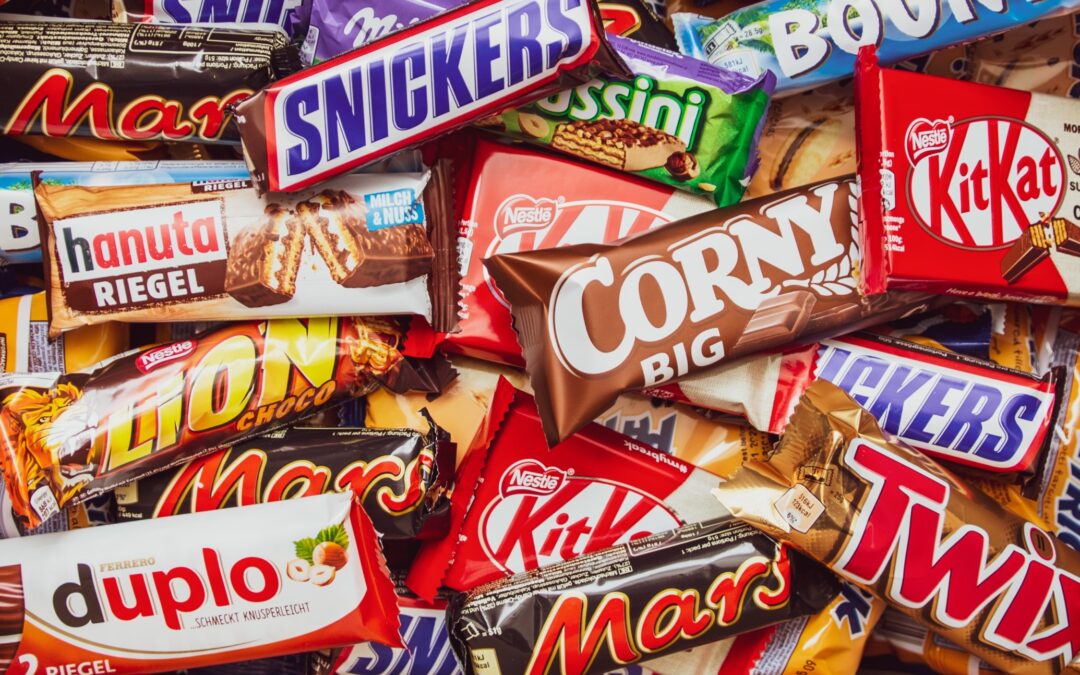
How Nestlé monopolized food
Nestlé has grown to be one of the largest food companies in the world. How was the Swiss food multinational able to...
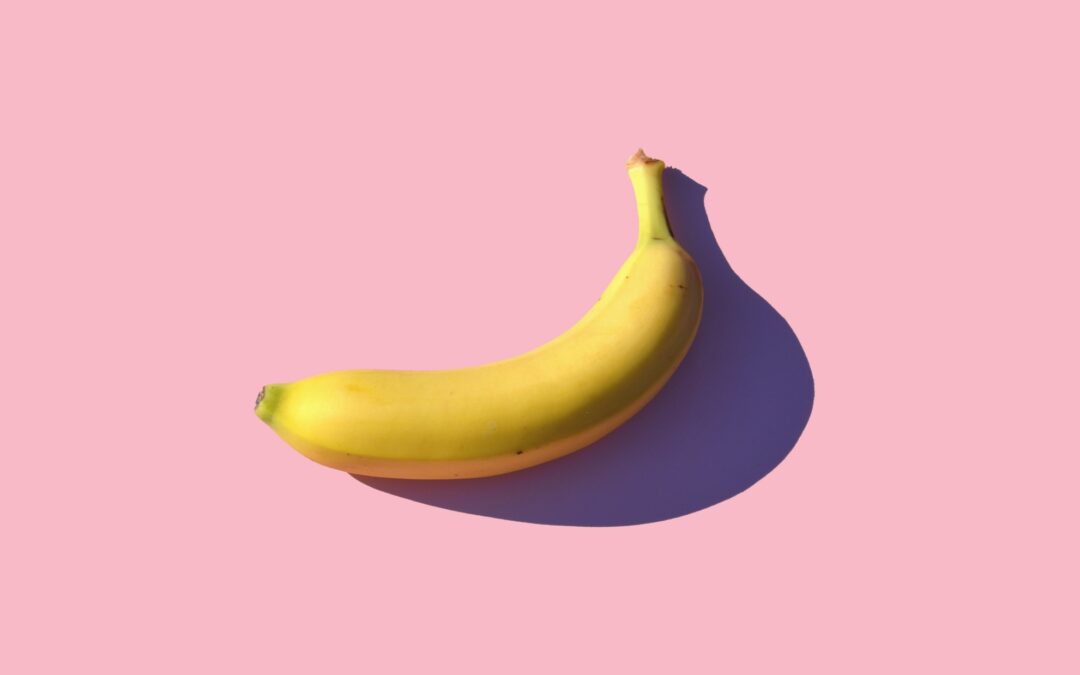
The hidden world of food waste
Food waste is an enormous economic and humanitarian challenge. Underneath this loaded term, lies a hidden world. ...
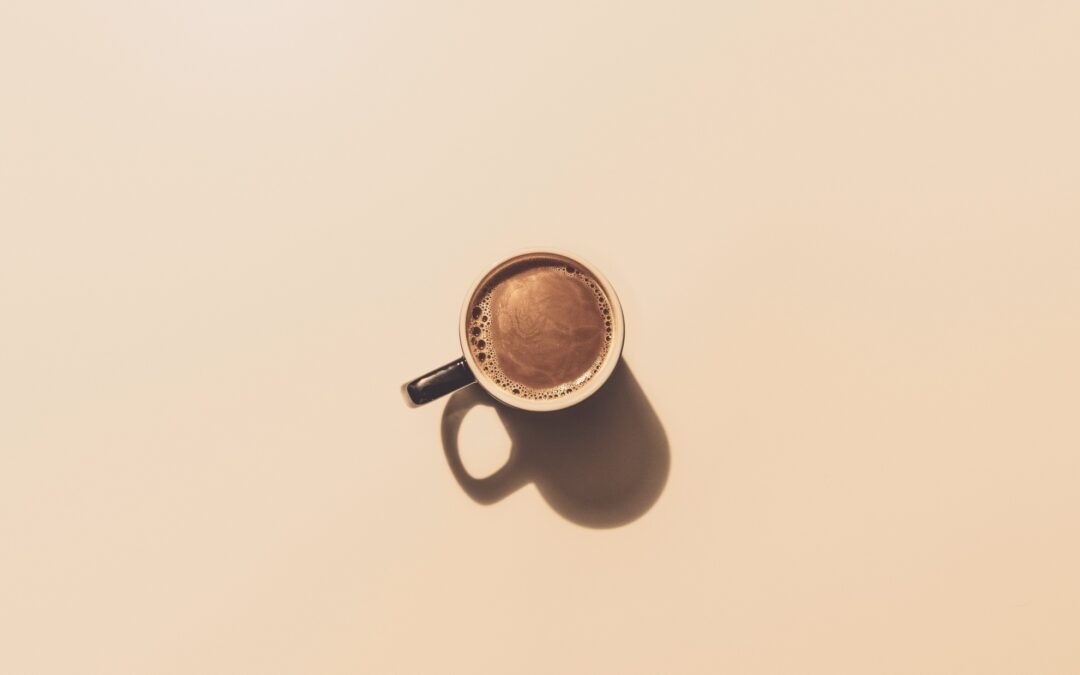
Saving coffee beans from extinction
The vital ingredient for our favorite brew, coffee beans, is facing an extinction tipping point. Around the world,...
Most recent

How Myanmar lost 30% of its forest in 30 years
Myanmar is seeing deforestation rates increase rapidly. In the last three decades, the country already lost 30 percent...
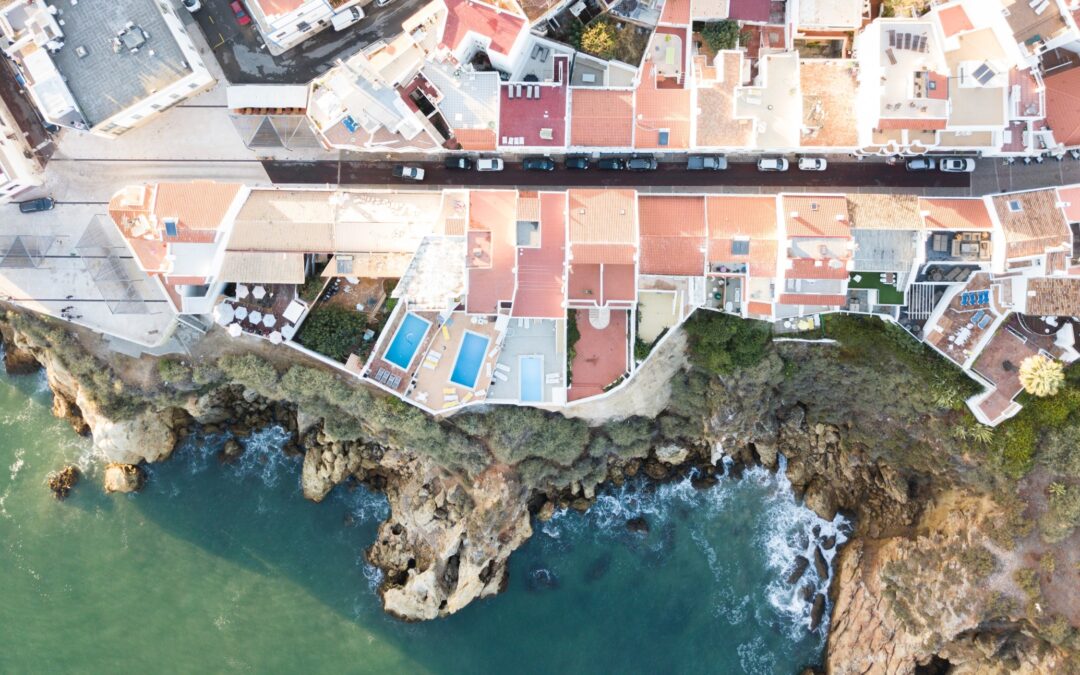
Portugal’s struggle to part with fossil fuels
Portugal is heavily reliant on fossil fuels and its love affair with the fossil fuel industry makes transitioning to...

How Microsoft aims to make its data centers more efficient
Microsoft is rapidly expanding its data center fleet, whilst simultaneously experiencing soaring energy costs and...

